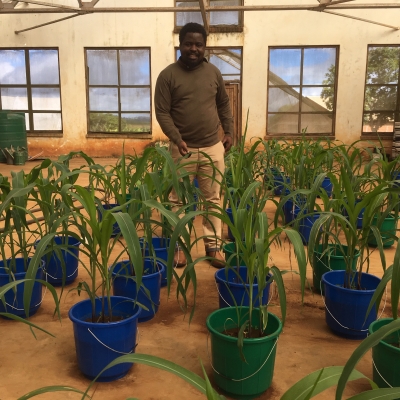Background/rationale
Ghana is one of the major cocoa producing countries in the world and is expected to contribute significantly to meeting the increasing global demand for cocoa for the chocolate and other cocoa processing industries. However, in Ghana, farmers record low yields compared to other producing countries. Experimental trials in Ghana have shown that the yield can be increased significantly by improving soil nutrients and fertility management, but inefficient use of fertilisers wastes farmers’ resources and contributes to environmental footprints such as water pollution through run-off which can affect neighbouring catchments. In addition to this, the farmers are continuing to clear areas of primary forest for fertile soils, resulting in substantial deforestation. To guarantee economic viability and environmental friendliness in cocoa production, it is imperative to develop site specific nutrient management techniques that can translate into high yields through increased efficiency of fertilisation application. Previous studies have reported that using a reduced amount of mineral fertilisers with organic residues (collectively known as organo-mineral fertilisers [OMFs]) did not compromise on yields of temperate crops. However, there has been no work done to extend this work to cover tropical crops such as cocoa.
Project aims
- To understand barriers to cocoa fertiliser adoption among Ghanaian cocoa farmers;
- To formulate organic residues and mineral fertiliser ratios based on locally sourced feedstocks and inherent site specific cocoa nutrient requirements;
- To investigate OMF ratios versus existing nutrient management regimes on cocoa performance to identify formulations that suit site-specific cocoa nutrients requirement;
- To investigate nutrient losses impact of OMF on cocoa farms and to the wider environment or upscaling to catchments;
- To do cost benefit analysis on OMF versus existing cocoa nutrients management regimes.
Benefits
The project will help identify site-specific nutrient management that contributes to profitable and sustainable cocoa crop productivity in Ghana as well as environmental safety. Dissemination of the outcome of this project to farmers in local communities will enable them to increase their income and improve life standards. It will also increase financial capacities for new investments. Ultimately, the findings of this project have the potential to be much more widely applied, through demonstrating the soil health and agronomic benefits of OMF for West African cocoa farming systems more broadly.

